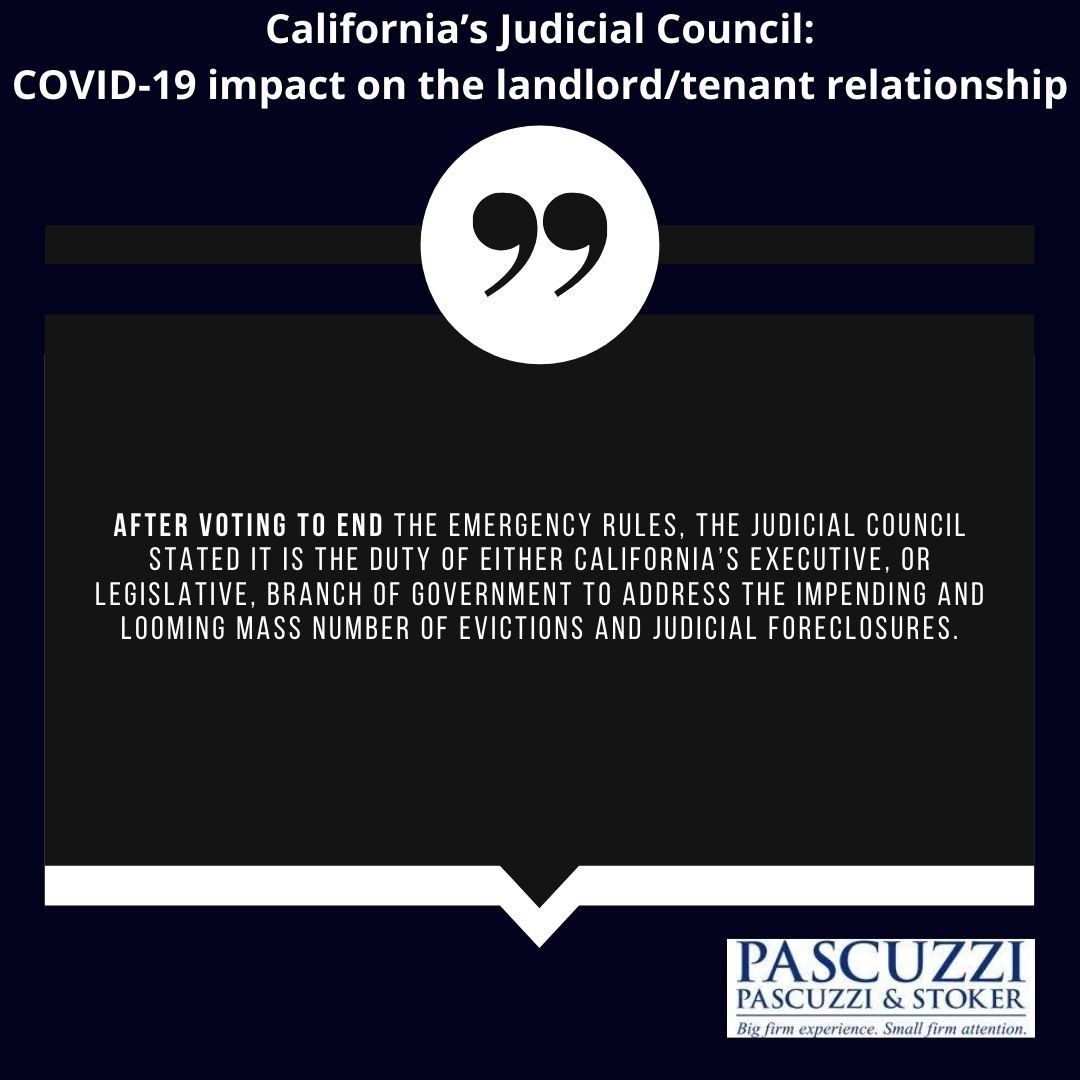Big Firm
Experience.
Small Firm Attention.
Welcome To Pascuzzi, Pascuzzi & Stoker
Pascuzzi, Pascuzzi & Stoker is a boutique law firm located in Fresno, California, representing clients in both routine and complex legal matters throughout California. Founded in 1990 as a real estate law firm, we have grown our firm to eight practice areas: Real Estate, Estate Planning, Family Law, Business Law, Litigation, Bankruptcy, Military Law, and Criminal Defense. We are committed to providing quality, cost-effective legal representation in a setting where everyone in the firm recognizes that the client is our most important asset.
Real Estate
Business disputes are part of every business. We help you protect your best interests.
Button
Wills, Trust & Probate
We provide employers with practical and strategic advice and guidance.
Button
Business Law
We help create business entities, such as corporations, partnerships and joint ventures.
Button
Our Attorneys
With more than 60 years of experience serving clients nationwide, our team is dedicated to help our clients and our community.
Blog

Did you know that Fresno County, for the second consecutive year, is the top agricultural county in the nation? Along with that, 7 of the nation’s top 10 agricultural counties are found right here in California. Included in these counties are Fresno, Kern, Tulare, Monterey, Stanislaus, Merced, and San Joaquin. As impressive as this is, our ag chemical and seed providers take a financial hit when customer accounts are left outstanding. The most common step to recovering the delinquent payments is to file a civil action for breach of contract. What is often overlooked is the Agricultural Chemical or Seed Lien that upon proper notice, is filed as a UCC-1 with the Secretary of State. Pursuant to Food and Agricultural Code (“FAC”) § 57561(b), a person who provides agricultural chemical or agricultural seed, and is in compliance with statutory requirements, has a lien upon the proceeds of the crop for the reasonable or agreed charges and for the costs of enforcing the lien. FAC § 57551 defines agricultural chemical as fertilizers, fertilizer material, lime, chemical compounds, pesticides, pesticide chemicals, plant regulators, plant amendments, plant food, soil amendments, herbicides, fungicides, and agricultural chemicals that are applied to crops or to land that is used for the raising of crops. FAC § 57552 defines agricultural seed as the seed of any domesticated grass or cereal, of any vegetable, flower, or propagated plant, and of any legume or other plant which is grown as turf, cover crop, forage crop, fiber crop, or field crop, and mixtures of the seed. An Agricultural Chemical Lien will attach to proceeds of the crops that existed at the time of application upon the land where the agricultural chemical was applied, or if the crops are not planted, the lien will attach to the next production crop on that land following the last date on which the agricultural chemical was applied. The proceeds that can be attached will be limited to an amount equal to the reasonable or agreed charges for the chemicals furnished within a 60-day period. An Agricultural Seed Lien will attach to the proceeds of the crops that were produced from the agricultural seed. The proceeds that can be attached will be limited to an amount equal to the reasonable or agreed charges for the seeds furnished within a 45-day period. Prior to filing the lien, the lien claimant must provide the non-paying customer notice of the Agricultural Chemical or Seed Lien. The notice must provide (a) that the payment of the agreed charges for agricultural chemical supplied is more than 30 days overdue; (b) the amount of the charges allowed to be claimed pursuant to an agricultural chemical or seed lien; and (c) that a lien may be claimed on the proceeds of their crop. The notice must also state at the non-paying customer may (1) allow the lien on the proceeds of their crop be filed; (2) enter into a consensual security interest in the proceeds of their crop pursuant to the Commercial Code; or (3) pay the charges that are overdue. While these types of liens may not recover the full outstanding balance, they are a great tool for agricultural chemical and seed providers in collecting a portion of the monies due and owing, especially while litigation is pending. Our attorneys here at Pascuzzi, Pascuzzi & Stoker are extremely knowledgeable of the various ag protection liens available and are happy to assist in recovering your proceeds.

A few months ago, Pascuzzi, Pascuzzi & Stoker reported that on March 4, 2020, Governor Newsom (the “Governor”) declared a COVID-19 state of emergency. Soon thereafter, California’s Judicial Council (the Judicial Council is the policymaking body of the California courts) issued directives related to the COVID-19 impact on the landlord/tenant relationship. In reference to the Governor’s state of emergency, the Judicial Council provided that California courts will neither process residential nor commercial unlawful detainer actions (with very few exceptions) until 90 days AFTER the Governor’s state emergency is lifted - referred to as Temporary Emergency Rules 1 and 2 (“Emergency Rules”). Last week, the Judicial Council voted to end the Emergency Rules dealing with evictions and judicial foreclosures; Emergency Rules will sunset on September 1, 2020. After voting to end the Emergency Rules, the Judicial Council (a segment of California’s Judicial Branch) stated it is the duty of either California’s Executive, or Legislative, Branch of Government to address the impending and looming mass number of evictions and judicial foreclosures. What does this mean for our landlord clients? 1. The Governor (i.e. the Executive Branch) may declare additional orders concerning a moratorium on California evictions and judicial foreclosures; 2. The Legislative Branch may pass legislation concerning a COVID-19 policy related to California evictions and judicial foreclosures; 3. Local California municipalities may implement rules to address evictions and judicial foreclosures; or 4. California Court’s will commence processing evictions and judicial foreclosures on September 1, 2020. Pascuzzi, Pascuzzi & Stoker will continue to monitor and report any and all news as it relates to further developments.












